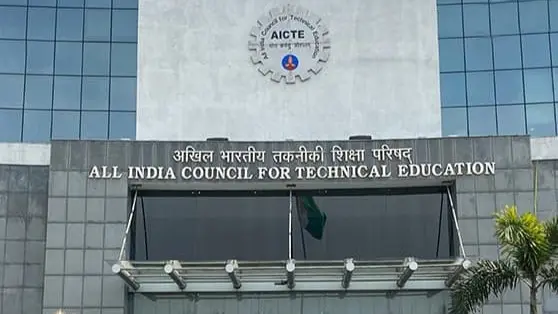Odisha Proposes Strict Anti-Cheating Law for Examinations
Why in the news?
Odisha introduces a new anti-cheating law to prevent unfair practices in public exams. The proposed Public Examination (Prevention of Unfair Means) Act, 2024 aims to curb cheating and impose severe penalties on violators, including service providers.
Objective and Background:
- Odisha aims to introduce the Public Examination (Prevention of Unfair Means) Act, 2024, during the ongoing state assembly session.
- The law seeks to curb cheating, organized malpractices, and irregularities in public examinations conducted by state recruitment agencies.
- Currently, Odisha lacks a specific law to prevent exam-related cheating, unlike states such as Uttarakhand and Jharkhand, which have enacted similar legislation.
Need for the Law:
- Recent protests by job seekers highlighted discrepancies in online exams for posts like revenue inspectors and ICDS supervisors.
- Complaints included exams held in unsecured cybercafes and computer centers without proper security arrangements.
- Last year, the Odisha Staff Selection Commission canceled recruitment exams for 1,225 vacancies due to a question paper leak.
Offences and Punishments:
- Offences:
- Leaking question papers or tampering with answer sheets and documents.
- Unauthorized access to exam materials, providing solutions during exams, or violating security measures.
- Manipulating seating arrangements, computer systems, and creating fake websites for cheating or monetary gain.
- Conducting exams at unauthorized venues without approval.
- Punishments:
- Cheating offences: Imprisonment of 3-5 years and fines up to ₹10 lakh.
- Service providers involved: Fines up to ₹1 crore, recovery of exam costs, and a 4-year ban on conducting exams.
- Organized crime: Imprisonment of 5-10 years and fines of at least ₹1 crore.
- Investigations can only be conducted by officers of DSP or ACP rank or higher.
Key Provisions of the Bill:
- Definition of Public Examination: Includes exams conducted by listed authorities (e.g., UPSC, SSC, RRBs, IBPS, NTA) and any other designated by the Central Government.
- Punishments: Offenses are cognizable, non-bailable, non-compoundable; punishable by 3-5 years imprisonment and fines up to Rs 10 lakh.
- Service Providers: Fined up to Rs 1 crore and recovery of examination costs if involved in unfair practices.
- Unfair Means: Includes paper leakage, unauthorized solutions, document tampering, and creating fake websites.
- Investigation: Must be led by officers not below DSP or ACP rank.
- Model Draft: To assist states in preventing disruption in state-level exams.
- National Committee: Develops IT security standards for public examinations.
Sources Referred:
PIB, The Hindu, Indian Express, Hindustan Times




